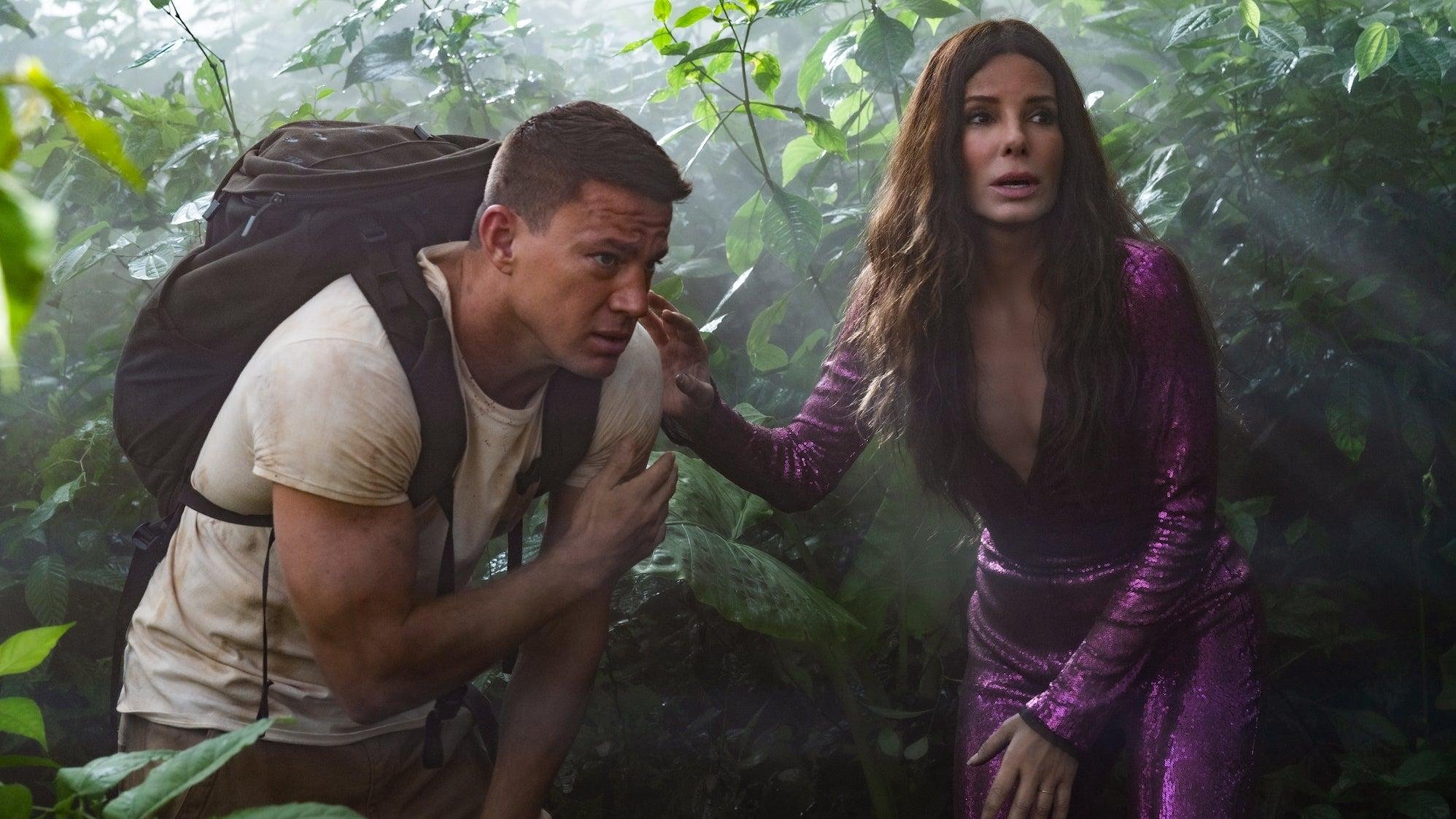Sandra Bullock and Channing Tatum take audiences on a fun tour of The Lost City
Working with Adam and Aaron Nee, the two actors showcase their star wattage in this featherweight retread of Romancing the Stone

Breaking news: Sandra Bullock and Channing Tatum have a lot of on-screen charisma.
The Lost City, directed by Adam and Aaron Nee, is a good movie, but for inscrutable and ineffable reasons. The story is not particularly original, daring only in its Romancing The Stone mimicry. It isn’t shot with any sizzling style. Its dialogue is clever one minute, then whiffs the next. And yet! Anyone who watches this motion picture and says they truly disliked it is probably telling a fib. It succeeds because of one thing: star power. Hey, if it works, it works, and that’s likely what the producers said when the Nee Brothers’ rushes came back.
Who are the Nee Brothers? Prior to this wide release starring Bullock, Tatum, Daniel Radcliffe, Da’Vine Joy Randolph, Patti Harrison, and a few clutch scenes with Brad Pitt, they released an $18,000 indie called The Last Romantic that hit festivals in 2008, and then some Comedy Central pilots. (Next up for them is a reworked Masters Of The Universe.) The jury is still out on the duo as auteurs, but one thing is certain: They know when to get the hell out of the way when their leads are in command.
Sandra Bullock is as delightful here as in any of her top shelf comedy work like Miss Congeniality, While You Were Sleeping, or The Heat. In The Lost City she’s a romance novelist named Loretta Sage, who is reluctant to leave her home after the recent (but not that recent) death of her husband. But Bullock agrees to do some publicity for her latest release, and, wearing a preposterous spangled magenta jumpsuit, goes on stage with the cover model for her books, Alan a.k.a. Dash (Tatum). Turns out that while she has an eager fanbase, the fans are far more interested in the slab of concrete who reps her brand. Alan is a gentle giant, but the lowbrow quality his very presence represents is woefully depressing to the author, who, despite coaching to the contrary, uses words like “sapiosexual” when trying to sell books to squeeing fans.








































